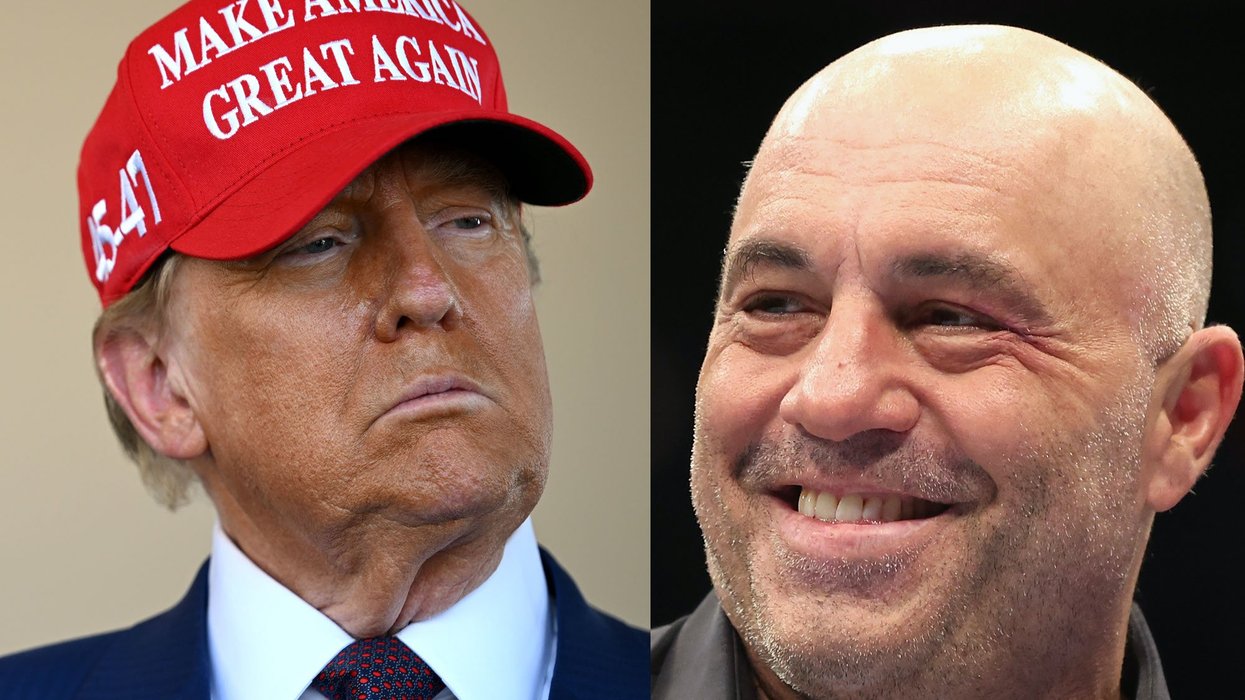© 2024 Blaze Media LLC. All rights reserved.
Does the ‘Swipe Fee’ Cap Mean the Fed is Complicit in Banks ‘Fleecing’ of Businesses?
September 30, 2011
“The Federal Reserve is complicit in the fleecing of America’s retailers, small and large, and consumers."
 According to recent news reports, Visa and MasterCard will treat the swipe fee cap set earlier this year by the Federal Reserve as a minimum. The result of this will ultimately cost retailers more on small transactions. (Swipe fees are charges retailers incur every time you use your debit or credit card.)
According to recent news reports, Visa and MasterCard will treat the swipe fee cap set earlier this year by the Federal Reserve as a minimum. The result of this will ultimately cost retailers more on small transactions. (Swipe fees are charges retailers incur every time you use your debit or credit card.)
It was the stated intent of the bipartisan law passed by Congress in 2010 to correct the excesses of the debit market; to rein in out of control swipe fees and save small businesses money.
“This move by Visa and MasterCard clearly hurts businesses and consumers by undermining Congress’ intent that swipe fees be reasonable and proportional,” said Mallory Duncan, chairman of the Merchants Payments Coalition in a recent NACS Online report.
“Attempting to charge the public the maximum ceiling amount, no matter how small the transaction is, unfortunately is all too typical of what we’ve come to expect from the card companies and their banks,” she said
Data released by the Federal Reserve in December showed that, although merchants paid on average 44 cents on every debit transaction, the transaction cost just 4 cents to process.
Just 4 cents.
For a bit of perspective, keep in mind that paper checks have been processed without any interchange fee for almost a century.
In December, the Federal Reserve proposed a cap between 7 and 12 cents for banks with $10 billion in assets, ensuring 200 percent profit for the issuing banks. However, come July and the Federal Reserve released a dramatically different final rule that raised that cap to 21 cents, guaranteeing a 525 percent profit on every transaction.
“The ultimate beneficiary, we hope, is the consumer,” Bernanke said in a Washington Post report.
Bank costs have been low enough to carry these small transactions at a significantly lower swipe fee rate for years, reports NACS Online. According to analysts, the swipe fee hike may increase swipe fees on a $2 purchase from 8 cents to 23 cents.
Merchants did not fight this battle to lower their prices, argued Rep. Barney Frank (D-Mass.).
"I think they were fighting to raise their revenue," he said in a recent interview. One of the key players in this battle, Barney Frank opposed the debit-fee provision, which was added in the Senate by Sen. Richard Durbin (D., Ill.), and instead supported efforts this year to delay the Fed rule, reports the Wall Street Journal.
“The Federal Reserve is complicit in the fleecing of America’s retailers, small and large, and consumers. Today’s news is proof-positive that the Federal Reserve’s decision to kowtow to the big banks and credit card networks and abandon the facts that supported its earlier proposal have given license to Visa and MasterCard swipe more from small merchants struggling to survive,” said Katherine Lugar, executive vice president for public affairs at the Retail Industry Leaders Association.
Merchants paid $62.75 billion in card-related fees last year, up from $48.56 billion in 2005, according to the Nilson report, a Carpinteria, Calif.-based newsletter that tracks the payments industry. Those fees have risen dramatically in recent years due to greater use of credit and debit cards. At the same time, Visa Inc. and MasterCard Inc., which set the fees charged by card-issuing banks, have significantly raised their rates as well.
Chicago restaurant owner Ina Pinkney told the Wall Street Journal in July that the new rate likely will not make much of a difference in her expenses because the company that processes her transactions just imposed some new fees on her account
"I'm still getting screwed," said Ms. Pinkney, who pays more than $30,000 a year to accept credit cards and debit cards in a recent Journal report.
Want to leave a tip?
We answer to you. Help keep our content free of advertisers and big tech censorship by leaving a tip today.
Want to join the conversation?
Already a subscriber?
more stories
Sign up for the Blaze newsletter
By signing up, you agree to our Privacy Policy and Terms of Use, and agree to receive content that may sometimes include advertisements. You may opt out at any time.
© 2024 Blaze Media LLC. All rights reserved.
Get the stories that matter most delivered directly to your inbox.
By signing up, you agree to our Privacy Policy and Terms of Use, and agree to receive content that may sometimes include advertisements. You may opt out at any time.


